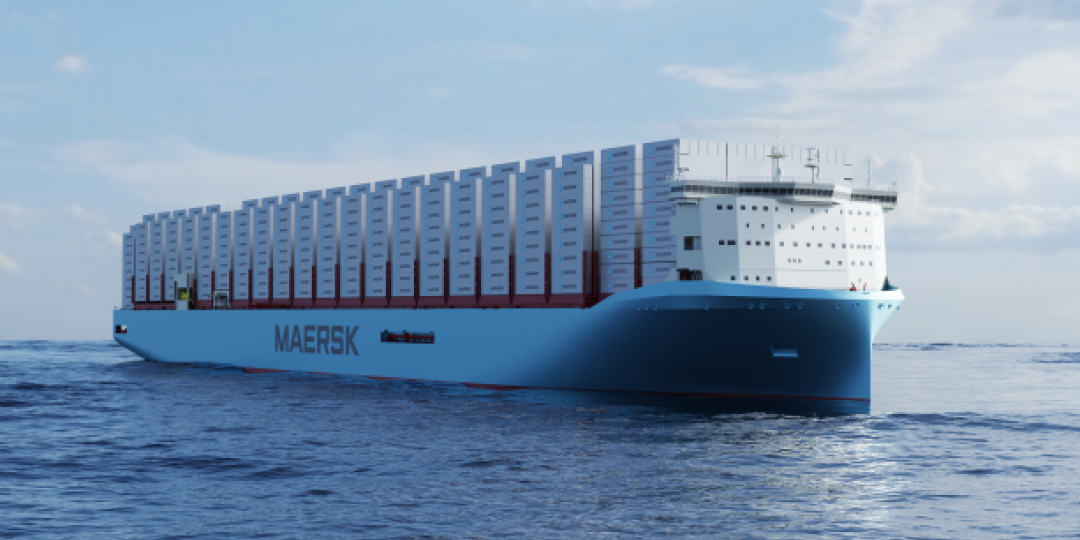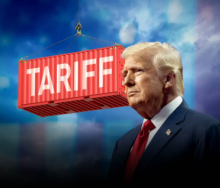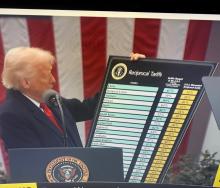Maersk is advocating for an aggressive pricing mechanism to equalise the cost difference between marine fossil fuel and low-carbon alternatives and fund shipping decarbonisation.
Without an ambitious pricing mechanism, the shipping industry may not reach its decarbonisation goals in time, warns Vincent Clerc, CEO of A P Møller-Maersk, in a blog post for the World Economic Forum.
He is calling on international shipping stakeholders to use the upcoming two meetings of the United Nations International Maritime Organization’s (IMO) Marine Environment Protection Committee – next month and in April 2025 – to formulate such measures.
“If IMO member states agree around ambitious midterm measures, they will accelerate the urgent transition in shipping; if not, they will slow it down precisely when it’s more necessary.”
Clerc points out that container vessels being built today will be powered by fossil fuels for decades to come. Although 3% of all greenhouse gas emissions originate with seagoing vessels and 11% from the global supply chain, moving goods by sea is still by far the most effective and environmentally friendly mode of transport.
“The ongoing negotiations around the greenhouse gas strategy thus have the potential to either significantly accelerate the reduction of carbon intensity and emissions, or to decelerate these efforts.
“The ongoing negotiations around the greenhouse gas strategy thus have the potential to either significantly accelerate the reduction of carbon intensity and emissions, or to decelerate these efforts.
“Applying a greenhouse gas pricing mechanism based on market prices could have an undesired inflationary impact, especially for developing countries.”
Clerc says a “feebate” that takes the extra cost of green fuels and spreads it across fossil fuels is a viable solution.
“The idea is to collect just enough money to offset the price differential without massively increasing transport costs. It’s doable. The World Shipping Council, on behalf of the container lines, has proposed to IMO the so-called Green Balance Mechanism.
“This proposal would reward deep greenhouse gas reductions, as only fuels with a well-to-wake reduction of carbon intensity equal or superior to 65% will receive allocations. In other words, the higher the emissions, the bigger the fee, and the deeper the reduction beyond 65%, the greater the reward.
“Furthermore, any measure should include an element to support a just transition, climate mitigation and energy transition in developing countries and growing economies.
“Since shipping was excluded from the Paris Agreement, we have continuously urged the IMO and its member states to act – and the IMO has made it clear that it is committed to reducing GHG emissions as the regulatory body for the sector.”













